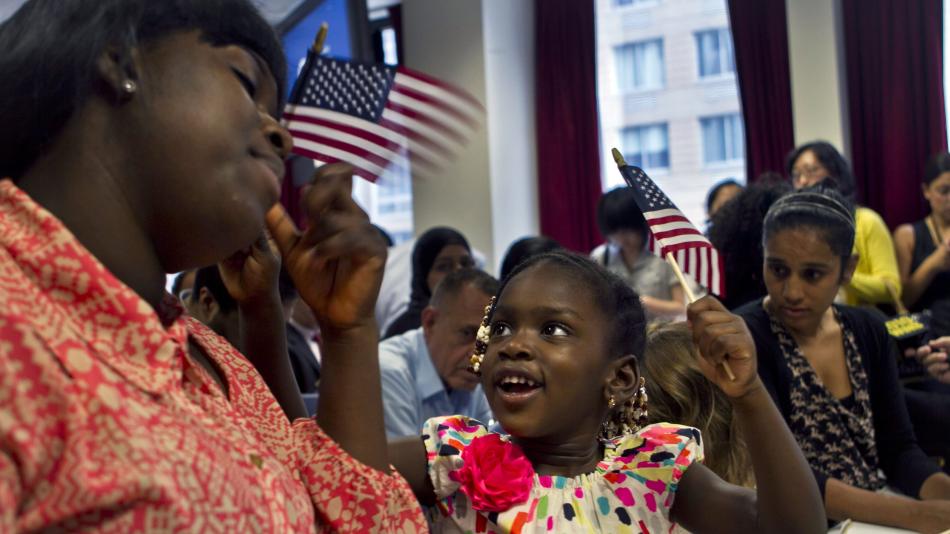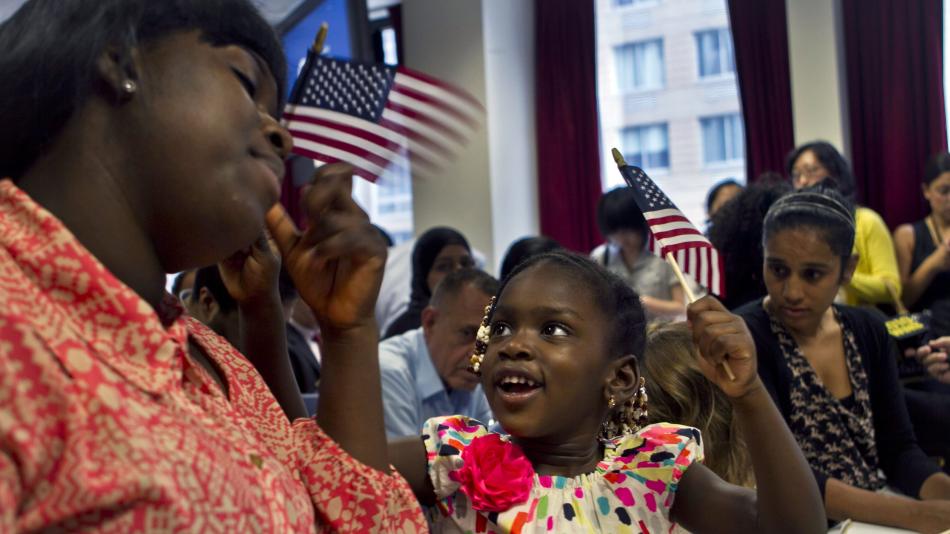 Quartz Africa
Quartz Africa The Deferred Action for Childhood Arrivals program (DACA) has been a topic of controversial discussions for the last few years.
While the topic remains important, recently its been overshadowed by other subjects. Even so, the impact of a decision by a US federal judge who declared the program illegal has thrown the future of thousands of immigrants, including those from the African continent, into limbo.
Started in 2012 by the administration of former President Barack Obama, the program protects from deportation undocumented immigrant youth who came to the United States at a young age. DACA also allows them to qualify for financial support for school and apply for jobs.
Over the years, there have been ongoing legal battles over the program’s continuation.
On July 16, the United States District Court For The Southern District of Texas ruled that DACA is unlawful. While DACA recipients may continue to benefit from the program, the federal government has been prohibited from approving any first-time requests for DACA benefits issued after July 16.
This decision affects thousands of immigrants across the United States. As of March 2021, 616,030 immigrants benefit from DACA.
The conversation in times like these tends to focus on immigration communities with the more significant numbers and rarely focuses on the effects of such decisions on African immigrant communities. In fact, not much can be found online about African DACA recipients. Of the 616,030 DACA recipients, only a little under 4,000 are African.
While Africans may not make the top of the list for DACA recipients today, it is important to note that African Immigrants are one of the fastest growing communities in the US and benefits such as DACA have an impact on their future.
“Africans’ interest in the fight for DACA is not as much about the present, as it is about the future,” John Campbell wrote in a blog post for Council on Foreign Relations.
When addressing the future of those who might need DACA in the future, Campbell wrote, “If the DACA program is no longer available to such African youth, they may be forced to navigate America’s daunting immigration system. This may include deportation, difficulty in registering for higher education, and lack of work authorization.”
In a statement issued on July 17, President Joe Biden called the court’s ruling “deeply disappointing.” He goes on to announce that the Department of Justice plans to appeal the decision.
“It is my fervent hope that through reconciliation or other means, Congress will finally provide security to all Dreamers, who have lived too long in fear,” he said to conclude his statement.
While these words are being shared on news outlets and social media to share hope, thousands of Dreamers are left wondering about an uncertain future.

